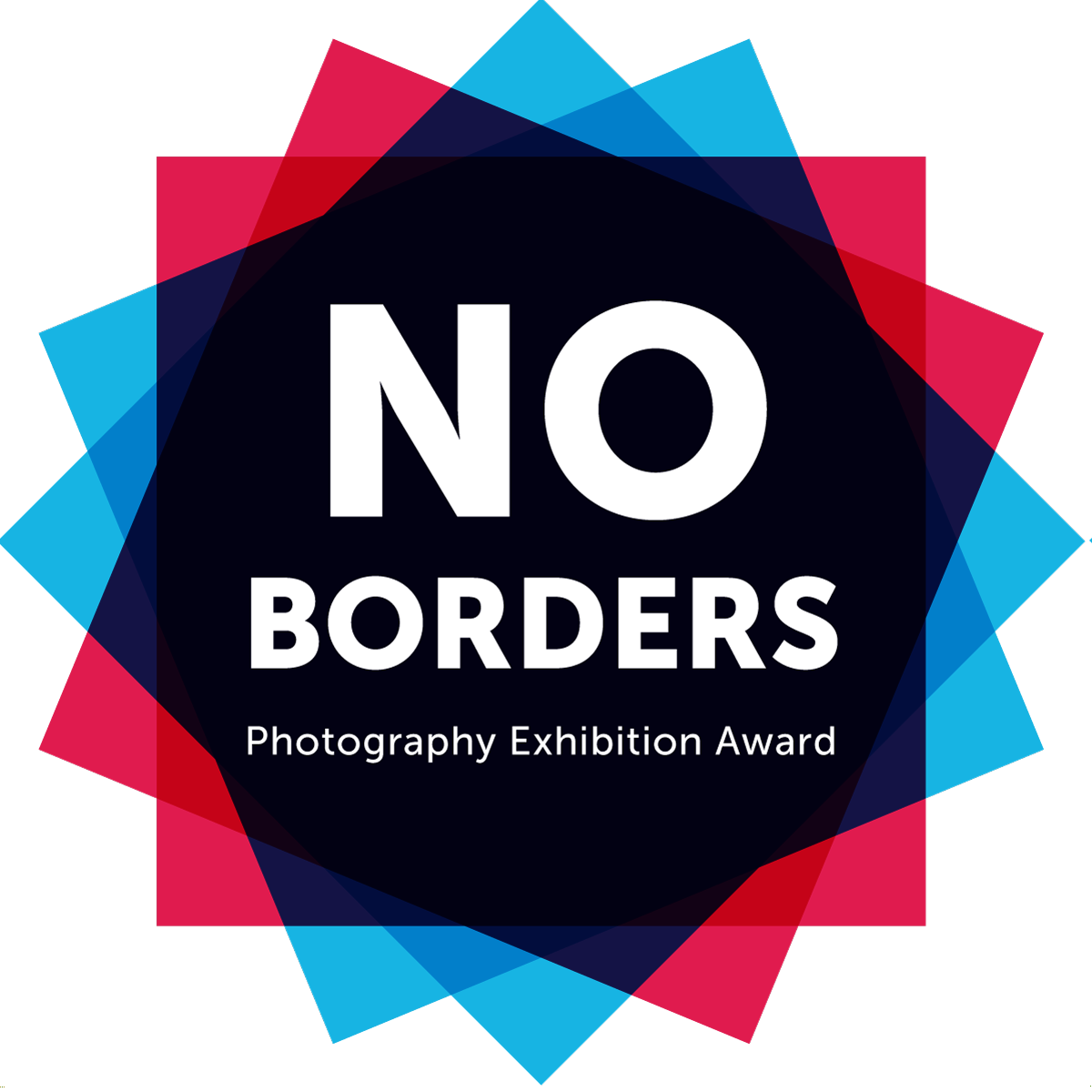The project is co-financed by the Governments of Czechia, Hungary, Poland and Slovakia through Visegrad Grants from International Visegrad Fund. The mission of the fund is to advance ideas for sustainable regional cooperation in Central Europe.
Foundation Centre for Photography has organised more than 300 solo and group exhibitions (with printing catalogues) of Polish and foreign top or emerging artists (in cooperation with the Gallery of Photography B&B in Bielsko-Biała). Since 2005 it organises a big event – a biennial – the FotoArtFestival, which is a survey of top world photography, inviting for each edition about 30 artists from 20 countries from all of the continents. The festival is accompanied by numerous meetings with artists, film shows, lectures, workshops, etc. It is visited by c. 20 000 visitors from all over Poland and abroad and is done in cooperation with the city of Bielsko-Biała and the Silesian Voivodeship. Many foreign embassies or cultural institutes are also involved in this international project. The Foundation also organises workshops, contests or big projects in cooperation with international partners, eg. “Co-Existence – Polish-Hungarian Photo Meetings” (2020, in cooperation with the Felczak Institute), or “Polish-Czech Photo Meetings” (2018, 2021 in cooperation with the Euroregion Beskidy and Polish-Czech Forum).
Mai Manó House (Hungarian House of Photography) is the centre of contemporary photography in Budapest. As a true intellectual workshop, it provides an opportunity for various trends in photography for introducing themselves. Its exhibitory activities are enhanced by professional programs: meetings of visitors and artist, book presentations, lectures, screenings, conferences, and informal talks. Its events target people of all ages interested in photography: more than 110-year-old studio-house offers an exceptional opportunity for museum-pedagogical classes. There are events specially organized for professional photographers: portfolio reviews and master-classes. Mai Manó House's educational activity propagates photographing and the art of photography in an ever-widening circle.
Culture F-M is a contributory organization of the city of Frýdek-Místek in Czechia. Their scope includes big city-wide events, festivals, cinemas, concerts, theatres, exhibitions, dance classes, and many other activities.
The Gallery of Spiš Artists, a cultural institution of the Košice self-governing region, is one of the youngest collecting institutions in Slovakia (founded in 1987). The gallery focuses on professional visual arts in Slovakia. In the last decade the activities extend from the regional to the wider national and international space. The collection fund consists of 2 446 artifacts, part of which is presented in three permanent exhibitions - Terra Gothica, Jozef Hanula and Garden of Arts. The gallery implements a number of accompanying and educational programs in dialogue with exhibition concepts.
Kharkiv School of Photography is an artistic milieu that emerged in the 1970s in the city of Kharkiv, Ukraine. It was created in opposition to the Soviet socialist realism art style, which reigned from 1934 until the 1980s. In 2010 the Ukrainian Photographic Alternative (UPhA) Association was formed to bring artists together from all over Ukraine in an effort to withstand the onslaught of traditional tastes found in the National Photography Union. Misha Pedan and Roman Pyatkovka, the Kharkiv School 'second generation' photographers, are among UPhA's founders and coordinators. A number of younger emerging artists, both from Kharkiv and other regions of Ukraine, use this aesthetic context as a springboard in their artistic research, continuing the traditions of Kharkiv photography today.
